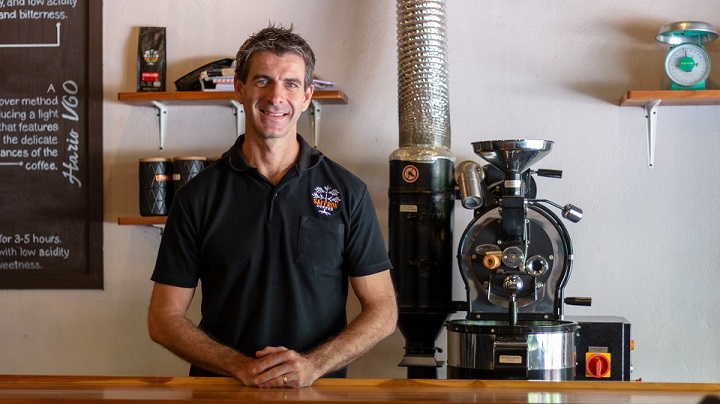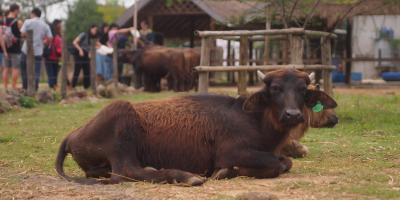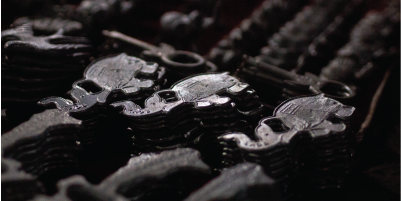
WARM sunlight streams into Saffron Coffee, a two-story cafe in Laotian city Luang Prabang, as customers enjoy a cup of authentic Laotian brew.
The cafe’s assistant director Derek Smith, 40, said: “Social development is only effective if people can make wise choices for themselves. We want to educate these farmers about their choices, not enforce change in their lives.”
His sentiments mirror Saffron Coffee’s purpose in championing the spirit of social enterprise.
Established in 2006, Saffron Coffee operates as a crop to cup company. They manage everything – from purchasing coffee cherries to processing them and finally selling the coffee.
The company also partners up with farming families living in the mountainous regions of northern Laos to produce their coffee.
These villagers are then trained by the company to carry out crop maintenance and the harvesting of coffee sprouts. Moving forward, ripe coffee cherries will be re-purchased by Saffron Coffee for processing and sale.
This model of harvesting coffee sprouts provides a credible income source for farmers. It prevents them from going back to harvesting illegal goods, such as opium, as a means of livelihood.
As a social enterprise, profits are necessary to expand the business but Saffron Coffee looks at more than just monetary earnings.
“From a financial perspective, the way we’re producing coffee is ridiculously stupid for our profit margins, but considering the social and environmental benefits, and ethics that shape our business practices, it is the best way to grow coffee,” said Mr Smith.
Partnering with student workers

Customers may realise that Saffron Coffee’s employees are mostly young adults, many of whom are students. Assistant manager Bounchanh Douangmalath is one of many who has benefitted from this employment practice.
He started working as a part-timer during college in 2011, before signing on to work full-time.
“Saffron helps us students balance both school and work by allowing us to work in the morning, before releasing us to study in the evening,” he added.
The 27-year-old enjoys working for Saffron Coffee because he is aware that they provide farming families with a good source of income and health education.
To Saffron Coffee, it is also important that their staff understand their roles as part of the bigger picture.
“By promoting the meaningful purpose of the company, it would lead to motivated work from our workers,” said Mr Smith.

Creating opportunities for informed choices
Through exposure to sustainable practices, the ultimate goal of Saffron Coffee is to increase access to greater choices in life for Laotian farmers.
Educating farmers about social development will equip them with broader perspectives, in hopes that they will choose to support their own community or preserve the environment out of free will.
Ultimately, it is not about enforcing change, but creating opportunities for people to make informed choices for themselves.
“Why Laos? It simply boils down to wanting to change the world for some people – in this case, improving the lives of 856 farmer families and your own at the same time,” Mr Smith said. ∎



 Wee Kim Wee School
Wee Kim Wee School